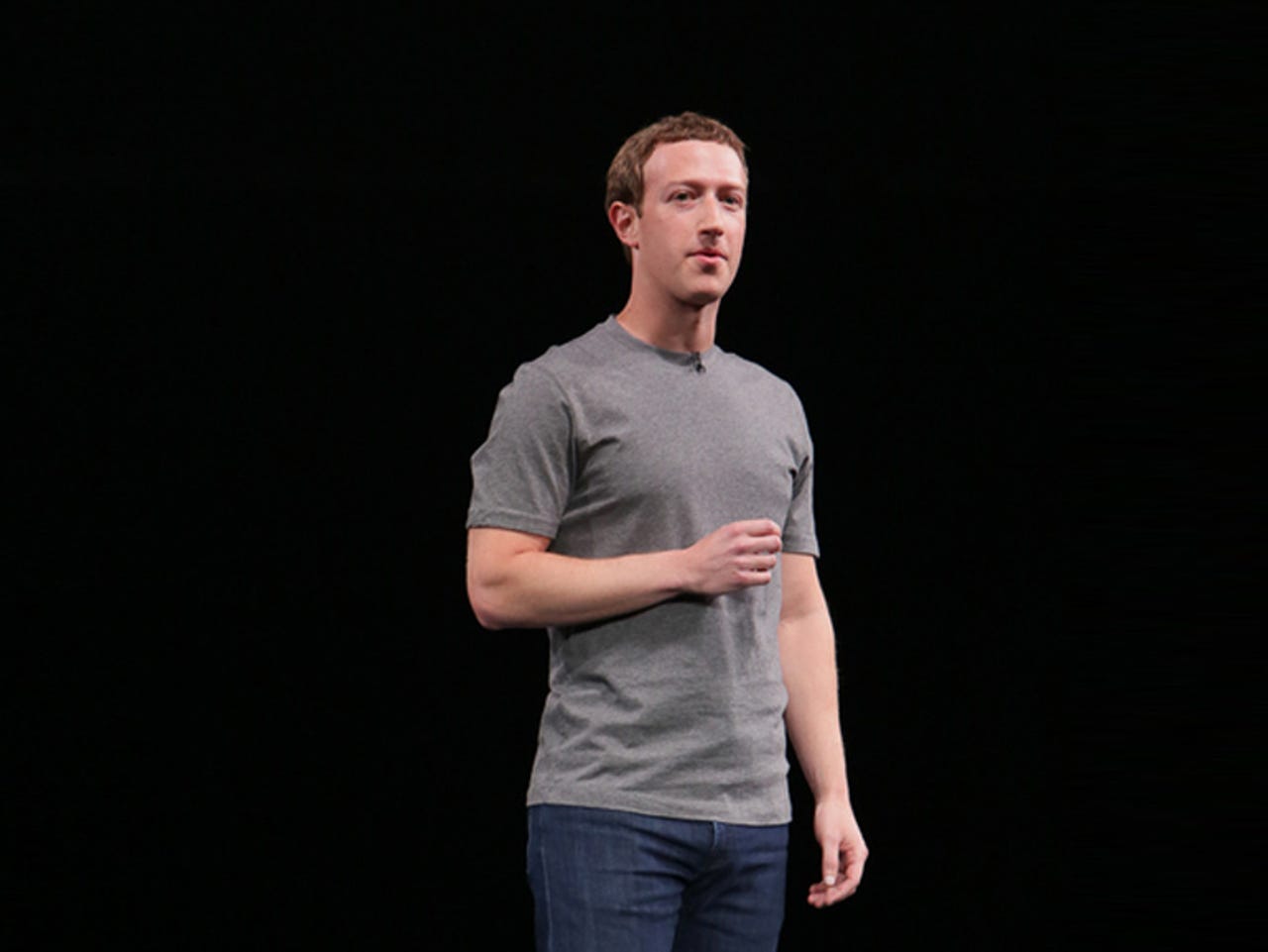Microsoft, Facebook partner on new undersea cable across the Atlantic


Microsoft and Facebook announced a partnership on Thursday to build a "state-of-the-art" subsea cable across the Atlantic Ocean dubbed "MAREA," to provide "high speed, reliable connections" for the companies' online services.
The duo announced construction of the cable will begin in August 2016 and is expected to be completed by October 2017.
Featured
The 6,600 kilometer cable will connect a data hub in Northern Virginia to Bilbao, Spain and then to network hubs in Europe, Africa, the Middle East and Asia.
MAREA is said to be the highest-capacity subsea cable to cross the Atlantic with eight fiber pairs and an initial estimated design capacity of 160Tbps. It will be managed by Telxius, Telefonica's new telecommunications infrastructure company.
"As the world is increasingly moving toward a future based on cloud computing, Microsoft continues to invest in our cloud infrastructure to meet current and future growing global demand for our more than 200 cloud services, including Bing, Office 365, Skype, Xbox Live and the Microsoft Azure platform," Christian Belady, Microsoft's lead data center executive, said in a prepared statement.
"The MAREA transatlantic cable we're building with Facebook and Telxius will provide new, low-latency connectivity that will help meet the increasing demand for higher-speed capacity across the Atlantic," Belady continued.
We have reached out to Microsoft to see if the new MAREA cable will allow it to sidestep MUSCULAR, an NSA operation that is said to intercept cables between internet giants' datacenters around the world.
Since the NSA program was leaked in 2013, Yahoo, Google, and other tech giants have worked to encrypt all data between their datacenters to prevent unwarranted government spying.
Microsoft and Facebook's announcement on Thursday doesn't mention security, but rather faster connections for their billions of users.
"By creating a vendor-agnostic design with Microsoft and Telxius, we can choose the hardware and software that best serves the system and ultimately increase the pace of innovation," Najam Ahmad, VP of network engineering at Facebook, said. "We want to do more of these projects in this manner -- allowing us to move fast with more collaboration. We think this is how most subsea cable systems will be built in the future."